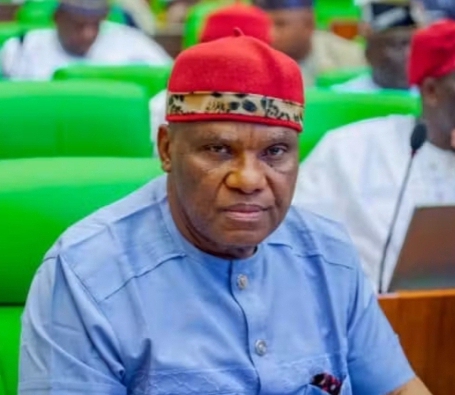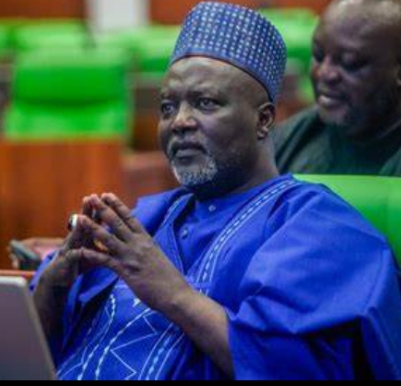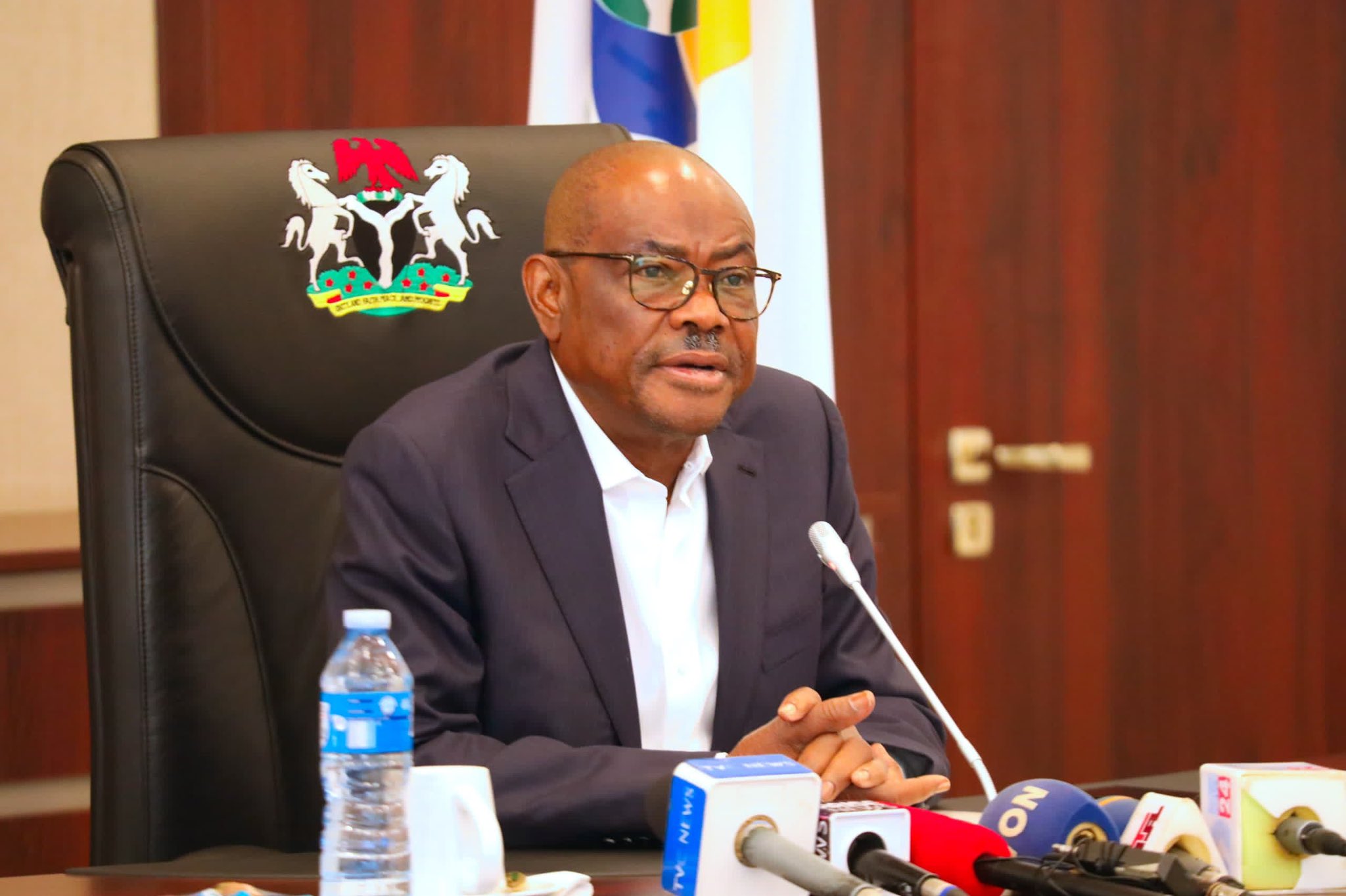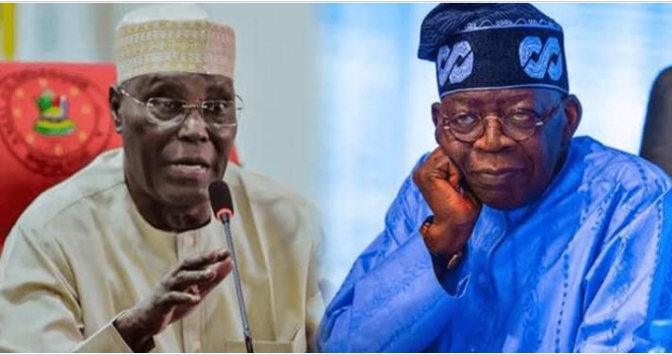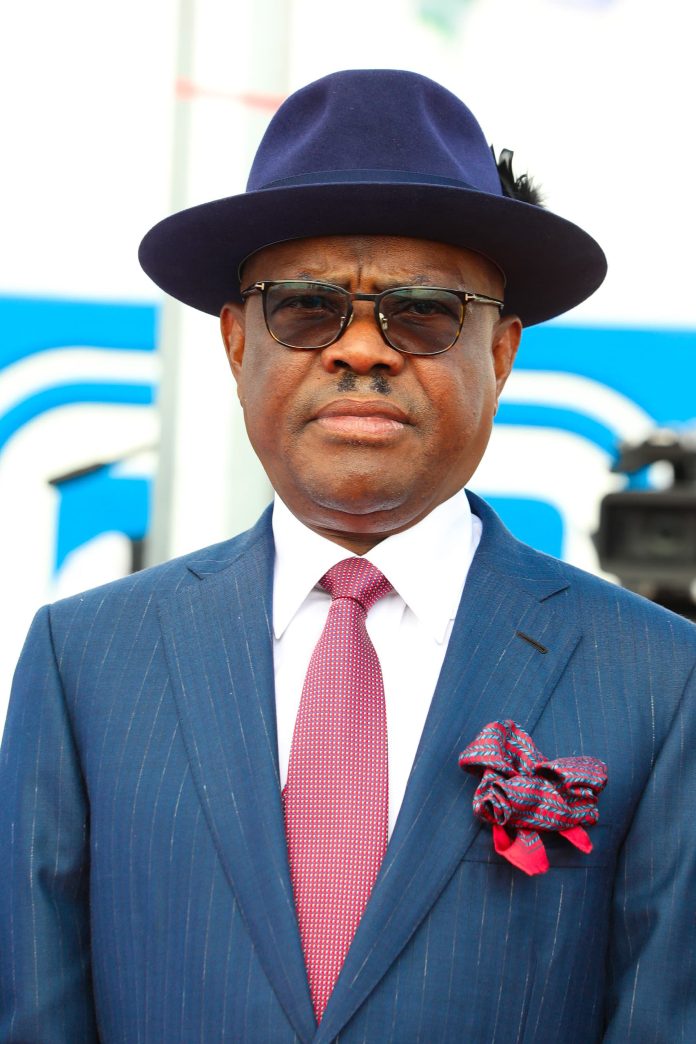ABUJA – President Bola Tinubu has submitted his first ambassadorial nominations to the Senate, seeking confirmation for three non-career ambassadors more than two years after recalling all of Nigeria’s envoys stationed abroad.
In a letter read during Wednesday’s plenary session by Senate President Godswill Akpabio, the President nominated Kayode Are (Ogun State), Aminu Dalhatu (Jigawa State), and Ayodele Oke (Oyo State) for diplomatic postings.
The nominations mark a significant step in rebuilding Nigeria’s diplomatic corps following President Tinubu’s controversial decision in September 2023 to recall all ambassadors, both career and non-career, without immediate replacements.
President Tinubu’s letter invoked Section 171 of the 1999 Constitution and urged the Senate to “consider and confirm the appointments of the nominees expeditiously,” extending his “assurances of highest consideration” to the lawmakers.
Senate President Akpabio immediately referred the nominations to the Committee on Foreign Affairs, chaired by Senator Sani Bello, with instructions to complete the screening process and report back within one week.
The move comes amid growing international concerns about Nigeria’s diplomatic representation gap, with key embassies operating without ambassadors for an extended period. When confirmed, the nominees are expected to be posted to strategic Nigerian missions abroad.
The swift one-week timeline for committee review signals legislative urgency in addressing the diplomatic vacuum that has persisted since the mass recall of ambassadors over two years ago.
Follow NewsFocus for continuing coverage of governmental appointments and foreign policy developments.


